An investigation of Bruce McArthur by Justin Ling.
This review originally appeared on MyGayToronto.com.
Graciously edited by Maria Crawford.
I have always held the belief that when the news of serial killer Bruce McArthur broke, the media and the public at large made a grave mistake by positioning the crimes as that perpetrated by a person with mental health issues. And while that may be true, this positioning does not give way to thoughtful analysis of what propelled him to do this in the first place. How did a seemingly innocent looking man rise to such horrendous crimes? What was he motivated by? It is only through this analysis that we, including law enforcement, can come to understand how society can prevent such a monster in the first place.
As a queer communities of people, we owe it to ourselves to dive deep into the minds and histories of the people that aim to do us harm. Anderson Lee Aldrich (Club Q shooter, Colorado Springs), Omar Mateen (Pulse Nightclub, Orlando), John Wayne Gacy, Jeffrey Dahmer, et al, had all grown up in environments that were traumatic in their own way. I am not arguing that we cut these men slack for the crimes but quite the opposite. These men should be prosecuted to the full extent of the law, spending the rest of their lives in a maximum security prison. Equally as important, we should aim to uncover the influences that occurred in their lives that contributed to their upbringing. Violence and abuse growing up, rejection in school and from peers, and substance abuse are just a few of the commonalities we see with these men and by understanding the “how” of the making of a madman, we can more effectively intercept and prevent these hideous crimes in the first place.
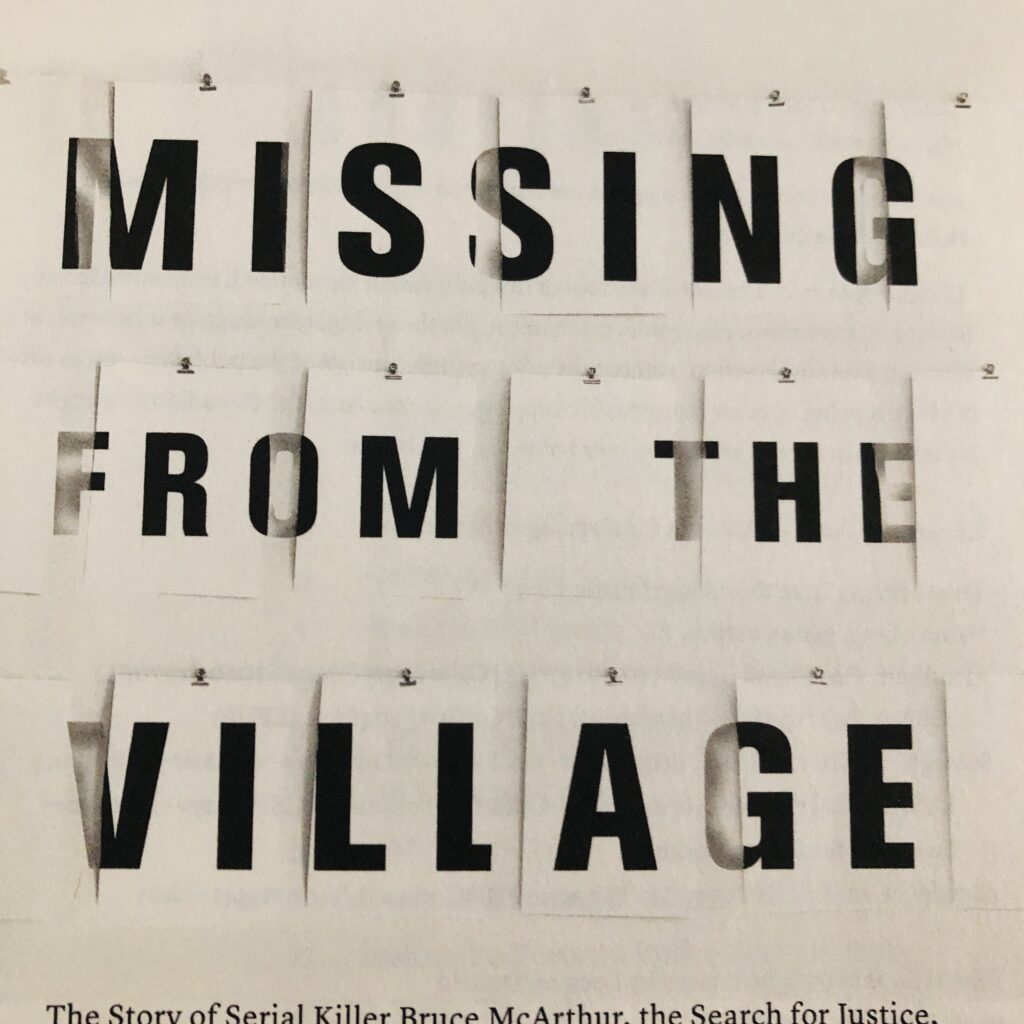
Back to my original point. When the media get hold of these stories and immediately portray a killer as simply “mad” or “disturbed” this becomes the rallying cry of the nation and it skips over a very real opportunity for discovery and thus prevention. Consider that there is very little society and medicine can do to help a criminally insane person, however there is something that can be done about a child who has been abused and grew up in an unstable environment. This line of thinking gives us something to address, while the former renders us as victim and opens us up to more of the same.
Consider Omar Mateen, a failed law enforcement officer, raised by a strict father who misused and misinterpreted their religion as a means to control Omar’s habitual steroid use, latent homosexuality and thus internalized homophobia and the list goes on. To be clear, I am not justifying any of his actions but rather outlining the path he took from toddler to terrorist. If our society could have intervened at any one of these touchstones in Omar’s life, I believe we’d have a better chance of preventing the seemingly inevitable outcome. Instead, our society blindly went about its business while a killer was being manufactured right under our noses.
All this is to say, I was deeply intrigued when Justin Ling, a VICE News journalist published Missing From The Village, a novel that digs deep into the very system that failed Toronto’s queer community. All this is to say, I was deeply intrigued when Justin Ling, a VICE news journalist, published Missing From The Village, a novel that digs deep into the very system that failed Toronto’s queer community. Missing From The Village opens with a moving portrait of the first three of McArthur’s soon-to-be victims; Skandaraj Navaratna, Abdulbasir Faizi and Majeed Kayhan. Three men who hold in common the fact that they are newcomers to Canada, each fleeing terrible situations in their homeland. All three men were similar in stature and orientation, in their forties and fifties, Middle Eastern and each sporting a beard, with all three frequenting the same gay bars, most notably Zippers on Carlton Street and The Black Eagle a few blocks away on Church Street.
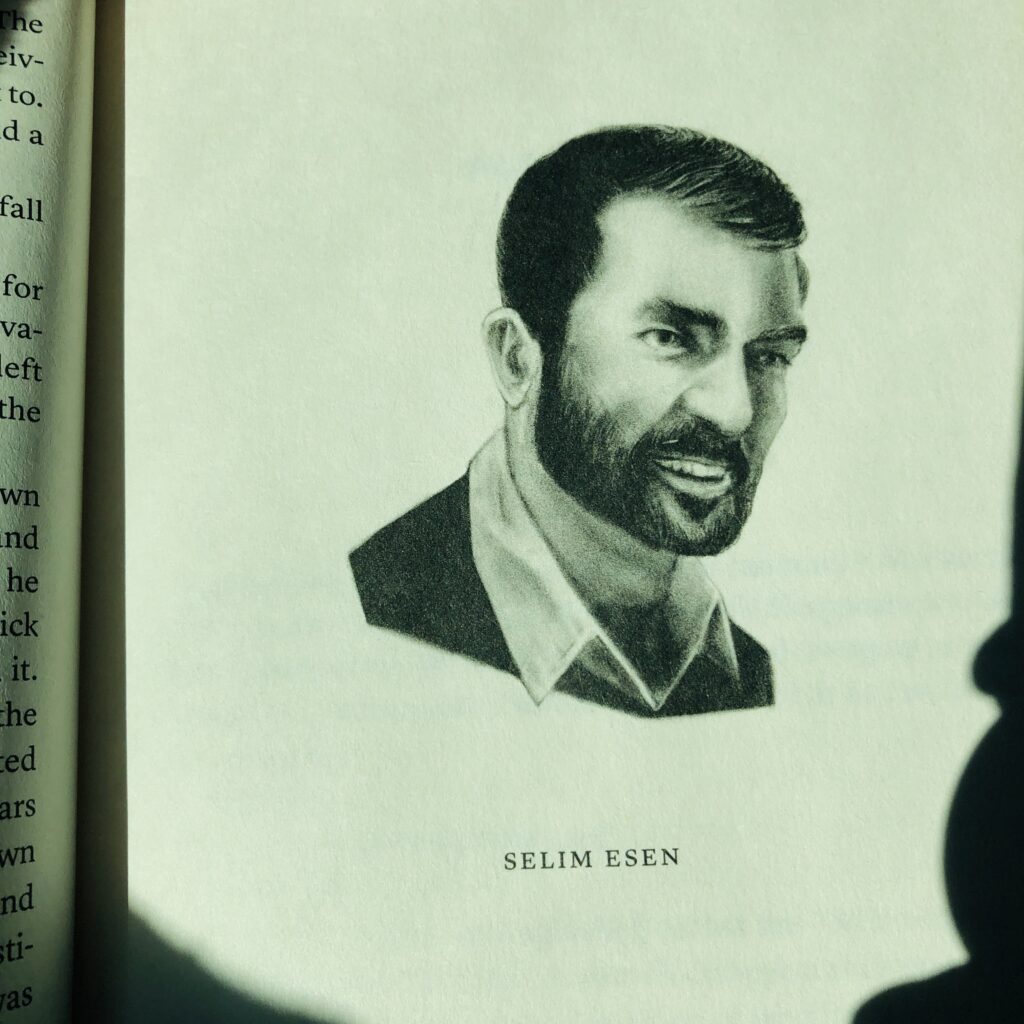
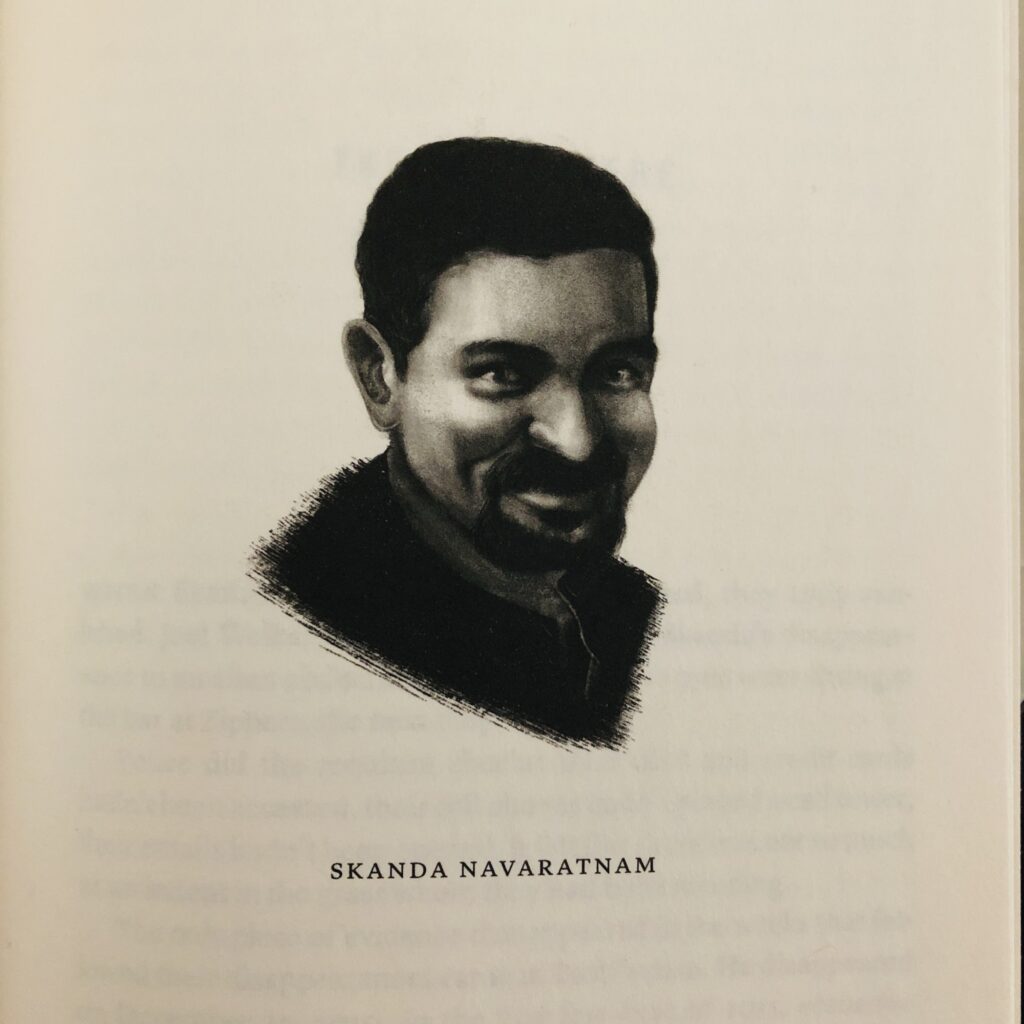
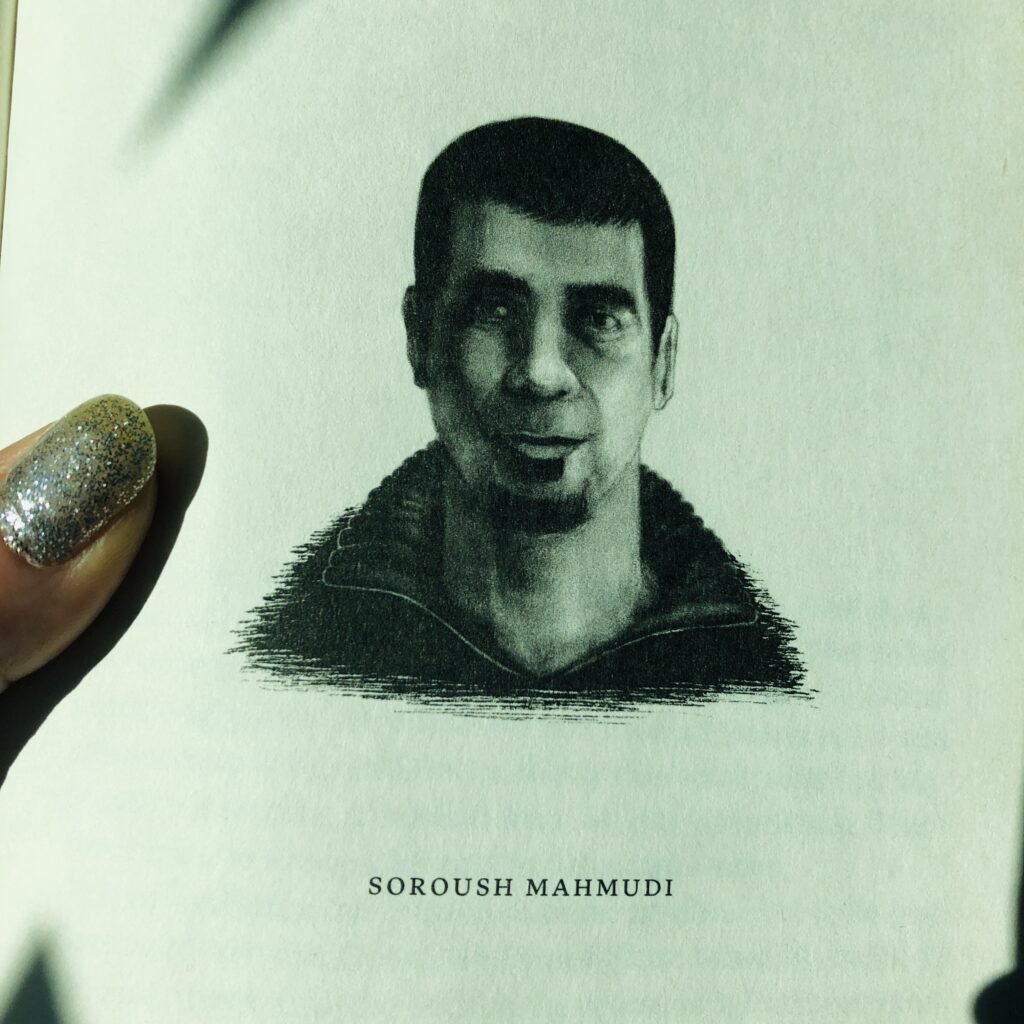
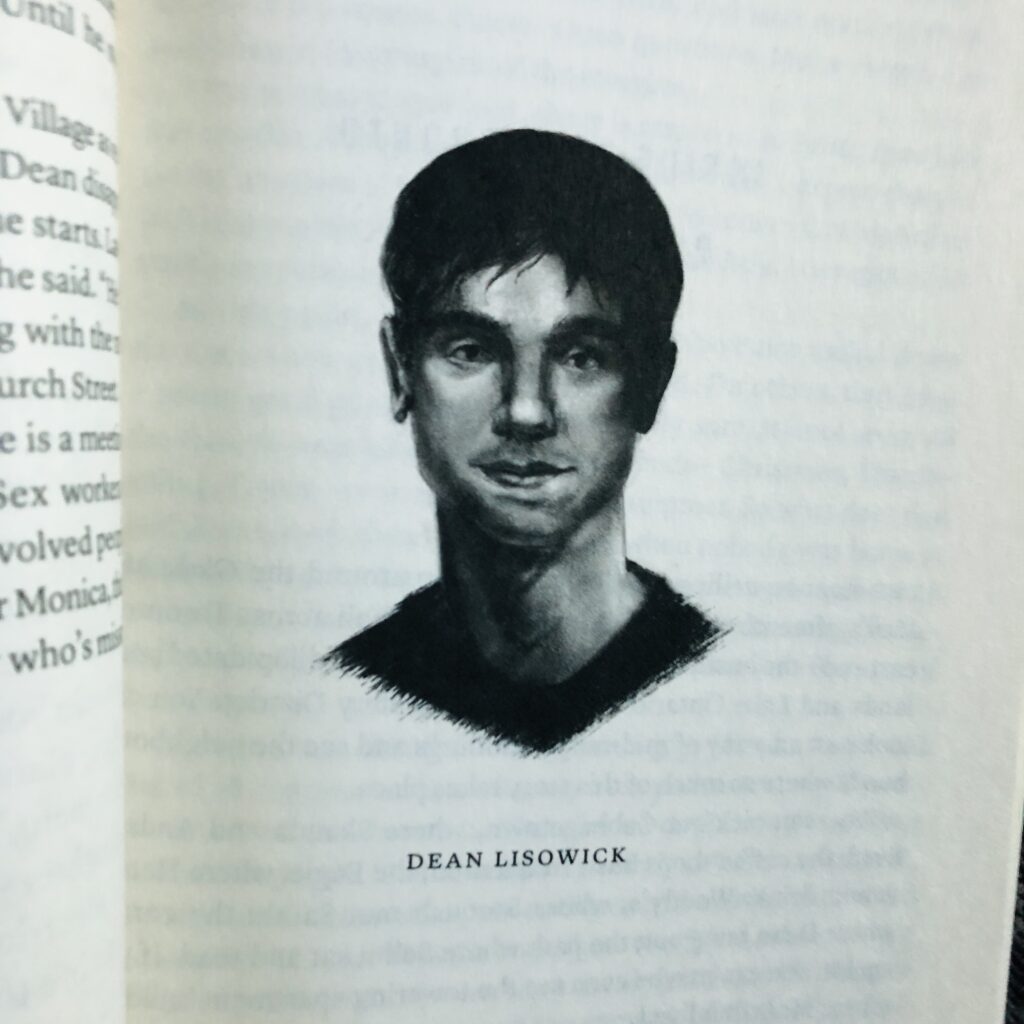
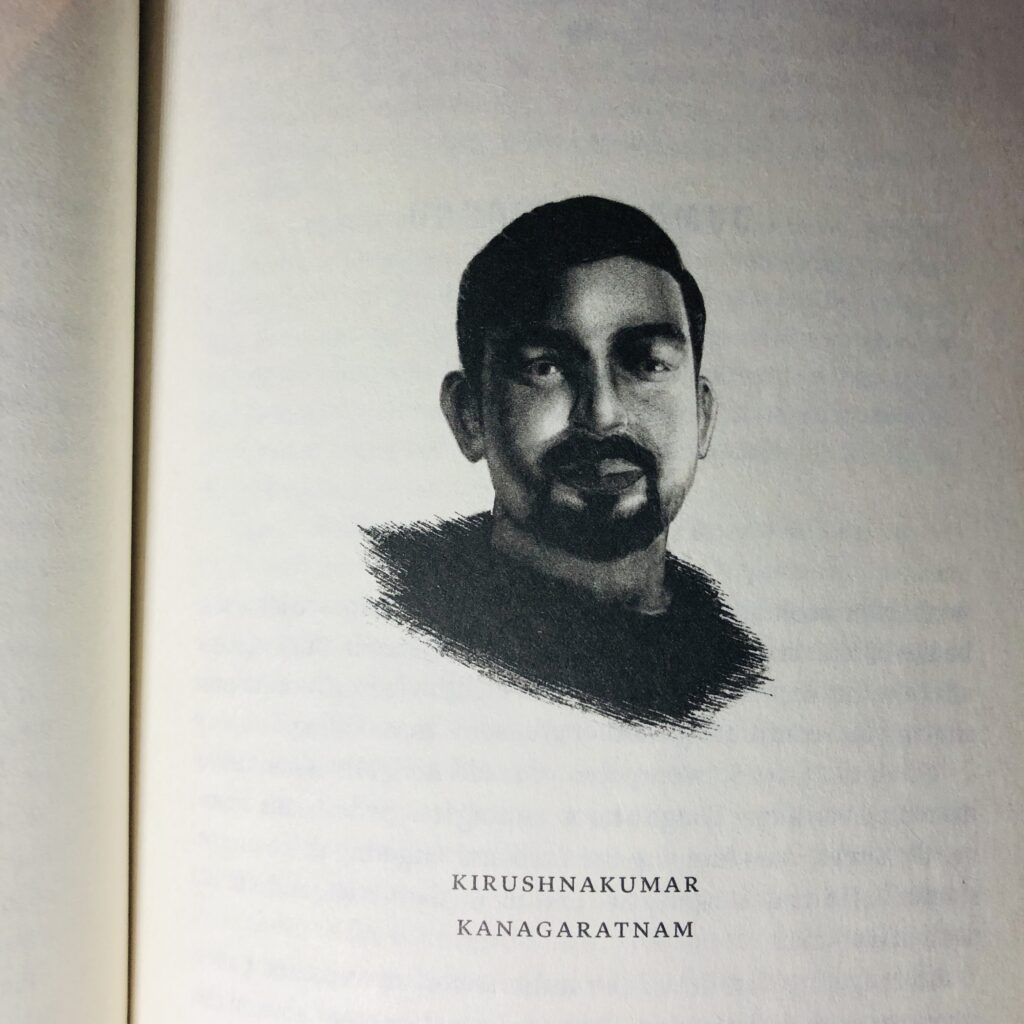
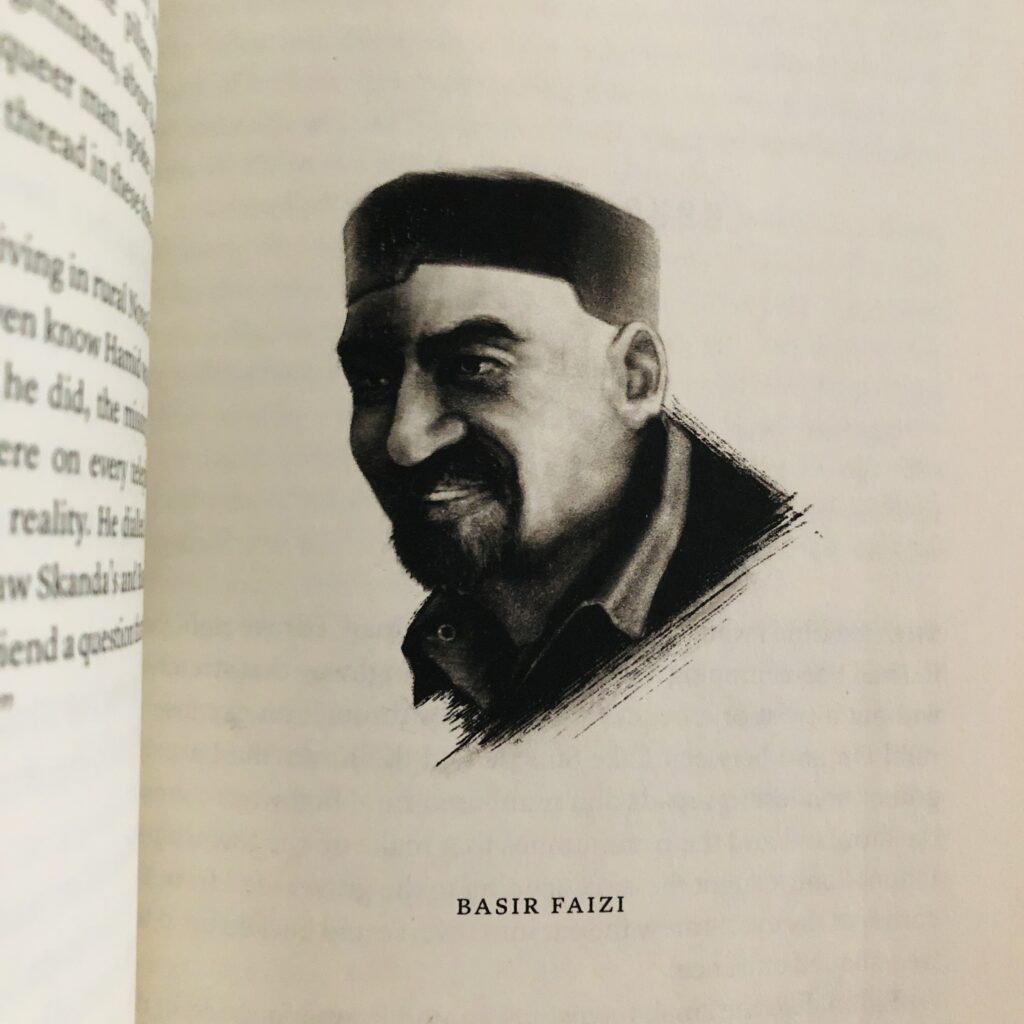
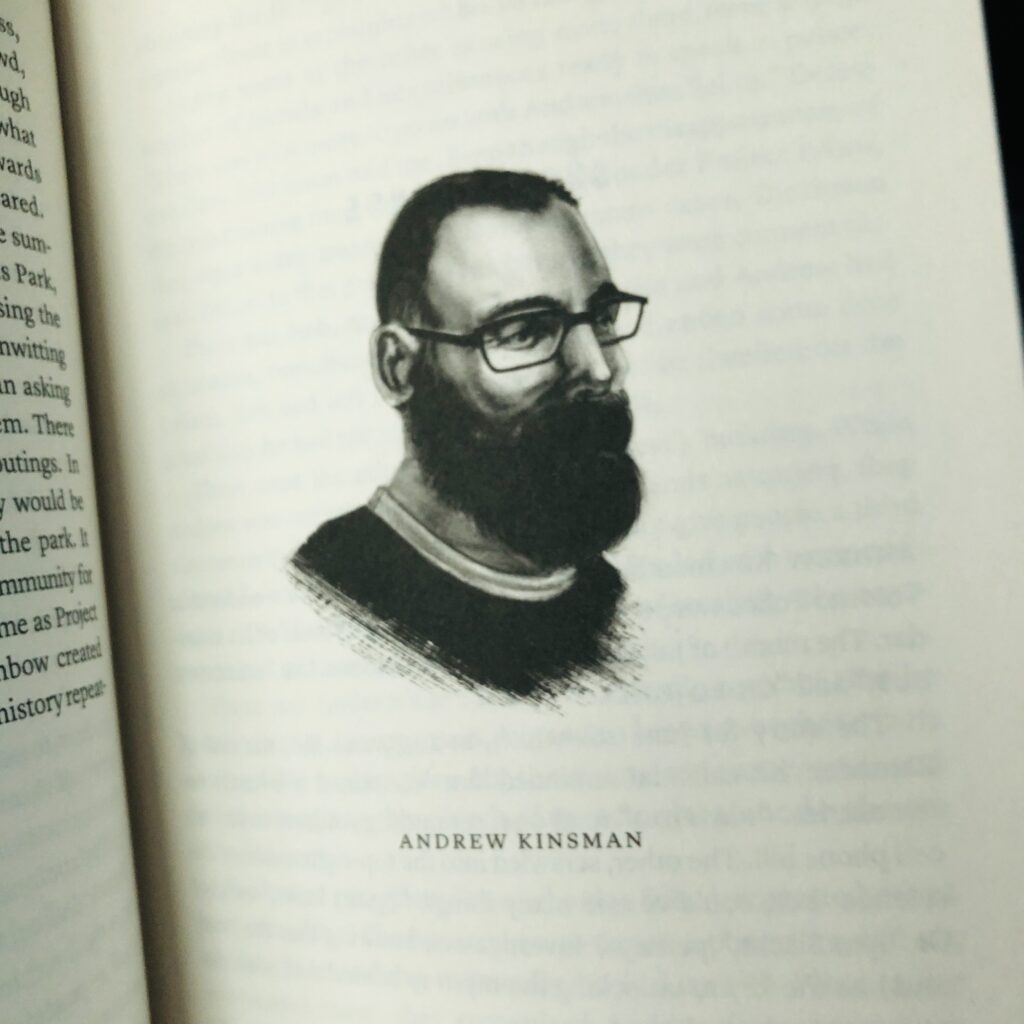
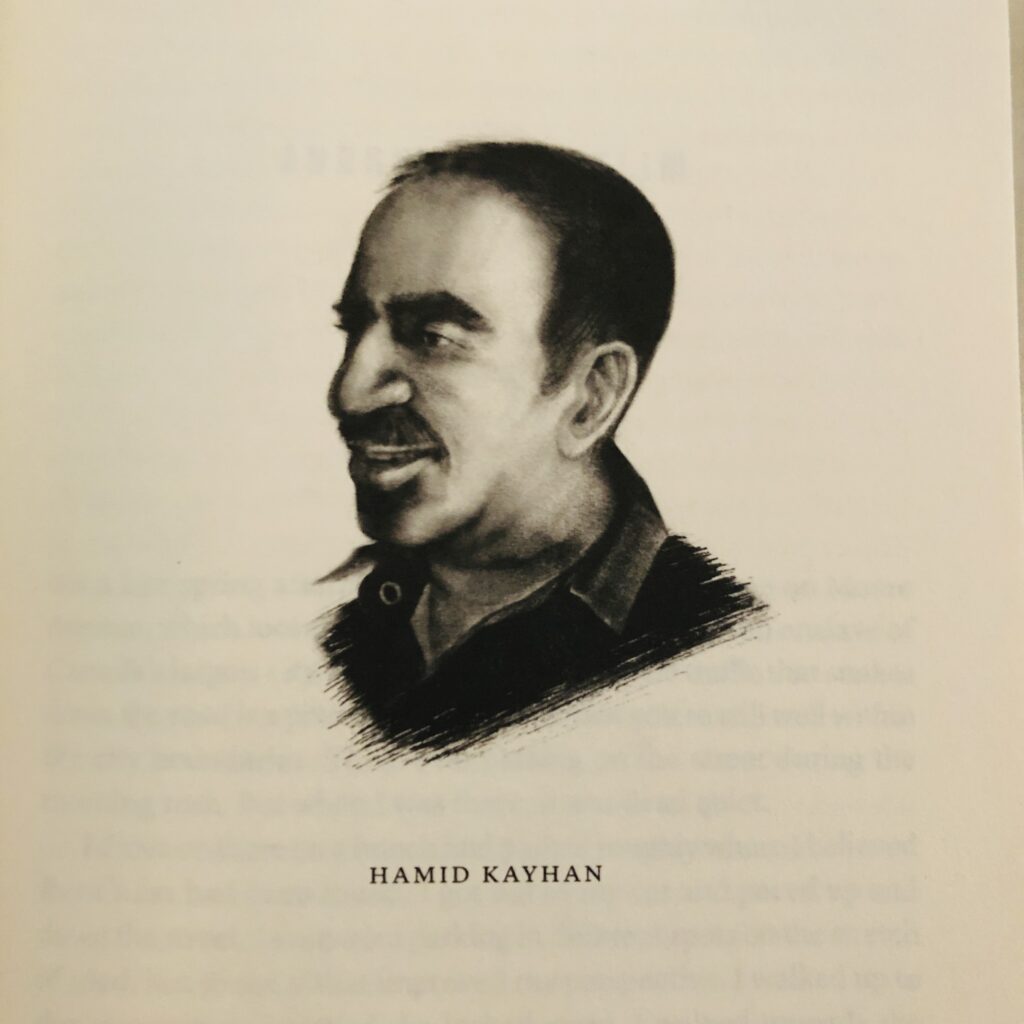
Let’s look at McArthurs profile as a young child growing up. An over-bering Presbyterian father who used manual labour as a tool to oLet’s look at McArthur’s profile as a young child growing up. An overbearing Presbyterian father who used manual labor as a tool to oust the homosexual in his son, a staunch Catholic mother, and McArthur himself faring poorly in school. McArthur met his wife in high school, a wife whose admitted pet peeve was “someone who can’t decide what they want” which clashed with McArthur’s then ambition, “to be successful”, a declaration that couldn’t be more vague. McArthur was physically abusive with his wife, and by the early nineties had embarked on his first covert affair with another man. McArthur would later be described as depressed and prescribed Prozac as treatment. McArthur’s first brush with the law came after he followed a street hustler home to the City Park Cooperative on Alexander Street and bashed the poor kid in the head with a metal pipe. McArthur immediately turned himself into police excusing his actions as connected to the fact he had reduced his medication and essentially blacked out during the episode. An excuse that both police and the courts accepted, offering a relative non-punishment of house arrest, community service and anger management counselling. This decision was a reflection of how little value the courts have towards queers and street involved people. Infuriating. McArthur would later apply for a pardon, effectively erasing the crime from his records. A clean slate and a fresh start for the soon-to-be serial killer.
McArthur held many jobs but perhaps most notably he was a travelling sock salesman (you can’t make this shit up!) and later co-owned a landscaping business, an opportunity that would later assist him with his killing sprees. Despite all the police press conferences suggesting they had launched what was dubbed “Project Houston” (later named “Project Prism”), the investigation was never about the initial three missing gay men but instead grew out of a tip that there was an online cannibalism ring. This assertion had investigators link the murdered men to McArthur. He was even a suspected serial killer and brought in for questioning. Lacking evidence, Project Houston was wound down prematurely.
To compound the confusion, there was another equally sinister Canadian serial killer on the rampage but this time from Montreal – Luka Magnotta, a self-proclaimed model and wannabe star. He got his wish, but for all the wrong reasons. Aside from the obvious differences in age and murder targets, what separated the two was Magnotta’s desire to be uncovered by authorities as not just a serial killer, but a cannibal as well.
The last part of the book dives into an analysis of marginalized groups in general; queers, trans people, indigenous, people of colour, woman and the mentally and physically handicap. Justin makes a solid case for the overarching heterosexual male privilege and the suppression and intentional erasure of the ‘other’. Missing From The Villiage makes for a riveting true-crime murder mystery, one that plagued the Village and destroyed the lives of both the victims and those who loved them. Don’t let the subject matter scare you, Justin Ling does a fantastic and compelling job of analyzing some of the methods behind the madness that is Bruce Mcarthur.
Raymond Helkio writes reviews for The Reading Salon and is a theatre artist, writer and poet living on the edge of insanity. Get in touch.

